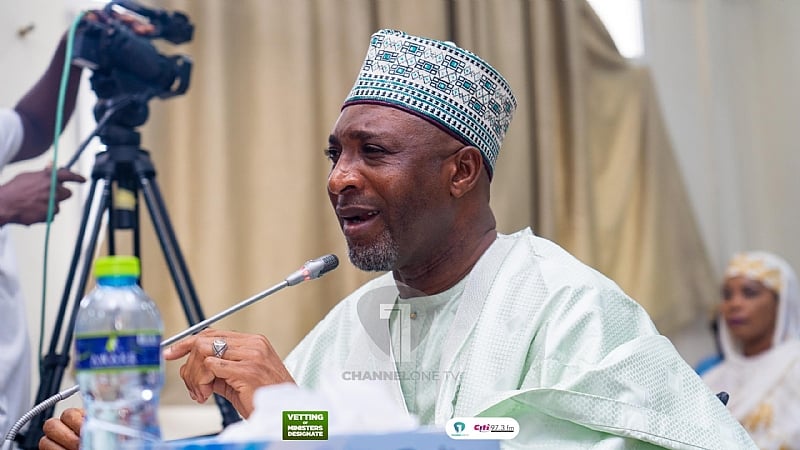The North East Region of Ghana, specifically the towns of Chereponi and Bunkpurugu, has witnessed a significant stride towards lasting peace with the lifting of long-standing curfews. Minister for the Interior, Muntaka Mubarak, acted upon the recommendation of the North East Regional Security Council, effectively ending the restrictive measures that had governed the daily lives of residents. This decision, announced on February 21st, marks a turning point in the region’s journey towards stability and underscores the collaborative efforts of local leaders and community members in fostering a more secure and harmonious environment. The removal of these curfews symbolizes not just an improvement in the security situation but also the growing trust and cooperation between the government and the people of Chereponi and Bunkpurugu.
The decision to lift the curfews was predicated on two key factors: the demonstrable commitment of local Chiefs and residents to maintain peace and the tangible improvements observed in the overall security landscape of the region. The commitment of the Chiefs and residents played a pivotal role in this positive development. By actively engaging in peace-building initiatives and promoting dialogue, they laid the groundwork for a more stable and secure environment. Their unwavering dedication to peaceful coexistence provided the necessary assurance to the authorities that the lifting of the curfew would not jeopardize the progress made. This collective effort showcased the power of community-driven peace-building and its capacity to bring about tangible change.
The government acknowledged and commended the invaluable contributions of the Chiefs, elders, opinion leaders, youth, and the entire community in their pursuit of peace. Their dedication to dialogue, compromise, and peaceful resolution of conflicts has been instrumental in creating an atmosphere conducive to lifting the curfews. The government’s expression of gratitude underscores the importance of local ownership and participation in peace-building processes. By recognizing the central role played by community leaders and residents, the government reinforces the notion that sustainable peace can only be achieved through collaborative efforts and shared responsibility.
The history of curfews in Chereponi and Bunkpurugu reflects a prolonged period of security challenges. These measures, while intended to maintain order and prevent escalation of violence, also placed significant restrictions on the daily lives of residents, impacting their freedom of movement and economic activities. The imposition of curfews became a recurring response to security concerns, often being renewed periodically as tensions persisted. Chereponi, for example, saw its curfew renewed as recently as January 29, 2025, restricting movement between 10:00 pm and 4:00 am. Similarly, Bunkpurugu had its curfew renewed on November 12, 2024, with slightly different hours of restriction, from 8:00 pm to 6:00 am. These repeated renewals highlight the persistent nature of the security challenges faced by these communities and the ongoing efforts to address them.
The lifting of the curfews signifies a significant milestone in the region’s journey towards sustained peace. It reflects not only an improvement in the security situation but also a growing confidence in the ability of the communities to manage their own affairs peacefully. This positive development opens up new opportunities for economic growth, social interaction, and overall community development. The removal of restrictions on movement and activity will allow residents to engage more freely in their daily lives, fostering a sense of normalcy and contributing to the overall wellbeing of the region. This shift towards greater autonomy and self-governance marks a crucial step in the healing and reconciliation process.
The government’s encouragement for continued peaceful conflict resolution emphasizes the importance of maintaining this positive momentum. By urging the communities to prioritize dialogue and peaceful means of addressing disagreements, the government reinforces the importance of sustainable peace-building. The lifting of the curfews is not an end in itself but rather a stepping stone towards a future where communities are empowered to manage their own security and development. It represents a shared commitment to building a future free from conflict and characterized by mutual respect, understanding, and peaceful coexistence. This signifies a significant shift in the narrative of the region, moving from a state of imposed restrictions to one of self-determined peace and progress.


